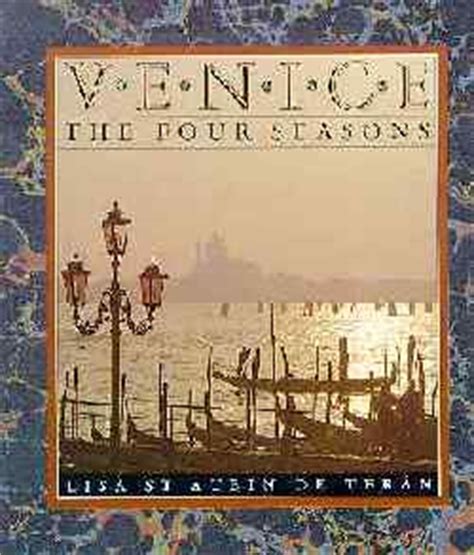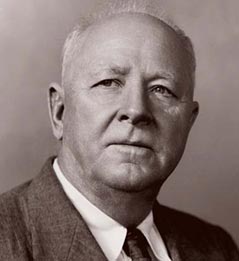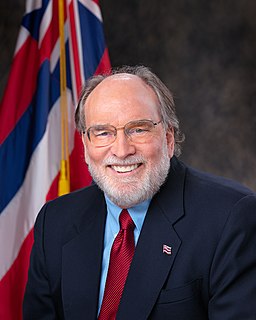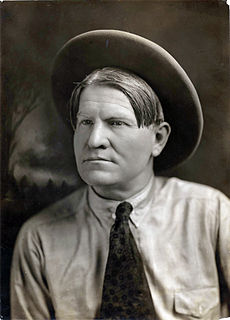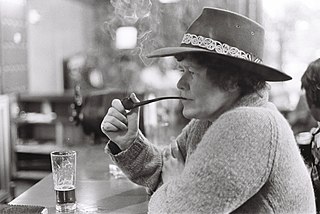A Quote by Lisa St. Aubin de Terán
I knew, as every peasant does, that land can never be truly owned. We are the keepers of the soil, the curators of trees.
Related Quotes
From the air, Vatican City looked like a marble Monopoly set. The Church owned all the property from Broadwalk to Illinois Avenue, has three hotels on every lot, and no matter how often it tossed the dice you just knew it would never land on Go to Jail, it would be forever passing Go and collecting $200.
History is largely a record of human struggle to wrest the land from nature, because man relies for sustenance on the products of the soil. So direct, is the relationship between soil erosion, the productivity of the land, and the prosperity of people, that the history of mankind, to a considerable degree at least, may be interpreted in terms of the soil and what has happened to it as the result of human use.
One of the reasons why we started the Green Belt Movement is to work with these ordinary peasant farmers so as to educate them that, despite the fact that they are poor, it is in their interest to protect the soil that they have, to protect the forest they have, to protect the land that they have, because if they don't do it, things can be only worse tomorrow for them for them and for their children.
I have watched the river and the sea for a lifetime. I have seen rivers rob soil from the roots of trees until the giants came foundering down. I have watched shores slip and perish, the channels silt and change; what was beach become a swamp and a headland tumble into the sea. An island has eroded in silent pain since my boyhood, and reefs have become islands. Yet the old people used to say, People pass away, but not the land. It remains forever. Maybe that is so. The land changes. The land continues. The sea changes. The sea remains.
With tons of chaotic supply on the internet, you're going to have people who become very good at being curators or stylists. It's the same sort of people that I used to go to record shops for - I knew if certain people recommended something, it would be good. There's always going to be those people. It just depends on what they're called: curators or radio jockeys or bloggers.
If in the human economy, a squash in the field is worth more than a bushel of soil, that does not mean that food is more valuable than soil; it means simply that we do not know how to value the soil. In its complexity and its potential longevity, the soil exceeds our comprehension; we do not know how to place a just market value on it, and we will never learn how. Its value is inestimable; we must value it, beyond whatever price we put on it, by respecting it.
